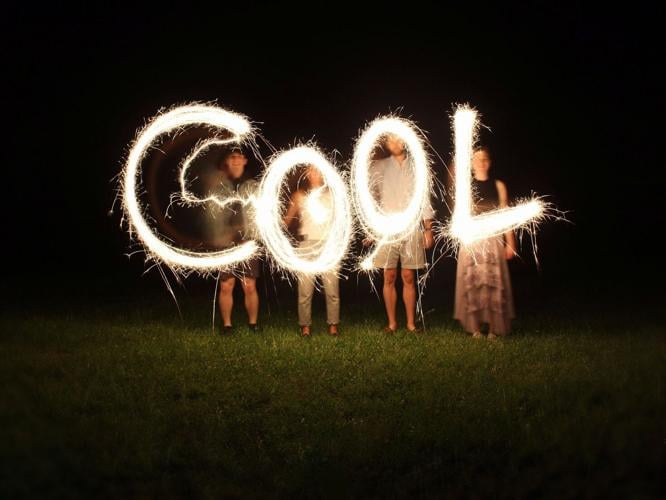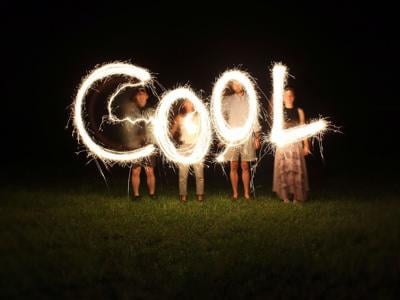
Collin
By Stephen Beech
Cool is cool wherever you are or whatever the language, suggests new research.
Cool personality traits are surprisingly similar across different cultures around the world, say scientists.
People in at least a dozen countries agree about what it means to be cool, according to the study published in the Journal of Experimental Psychology.
Researchers conducted experiments with more than 5,000 participants from countries around the world and found that "cool" people have surprisingly similar personalities.
Even though Eastern and Western cultures often differ in many cultural attitudes, cool people were universally perceived to be more extroverted, hedonistic, powerful, adventurous, open and autonomous.

(Photo by Kampus Production via Pexels)
Co-lead researcher Professor Todd Pezzuti, of the Universidad Adolfo Ibáñez in Chile, said: “Everyone wants to be cool, or at least avoid the stigma of being uncool, and society needs cool people because they challenge norms, inspire change, and advance culture.”
The study included experiments from 2018 to 2022 in Australia, the United States, Chile, China, Germany, India, Mexico, Nigeria, Spain, South Africa, South Korea and Turkey.
Participants were asked to think of someone who they thought was cool, not cool, good or not good.
They then rated the person’s personality and values.
The research team used the data to explore how cool people differ from uncool people and good people.

(Photo by magapls via Pexels)
They found that good people were perceived as more conforming, traditional, secure, warm, agreeable, universalistic, conscientious and calm.
Cool people and good people aren’t the same, but there are some overlapping traits, according to co-lead researcher Professor Caleb Warren.
Warren, of the University of Arizona, said: “To be seen as cool, someone usually needs to be somewhat likable or admirable, which makes them similar to good people.
“However, cool people often have other traits that aren’t necessarily considered ‘good’ in a moral sense, like being hedonistic and powerful.”

(Photo by RDNE Stock project via Pexels)
As the reach of the fashion, music and movie industries grows worldwide, the researchers say the meaning of cool “has crystallised on a similar set of values and traits around the globe," and has become “more commercially friendly."
Pezzuti said, “Coolness has definitely evolved over time, but I don’t think it has lost its edge.
"It’s just become more functional.
“The concept of coolness started in small, rebellious subcultures, including black jazz musicians in the 1940s and the beatniks in the 1950s."
He added: "As society moves faster and puts more value on creativity and change, cool people are more essential than ever.”









